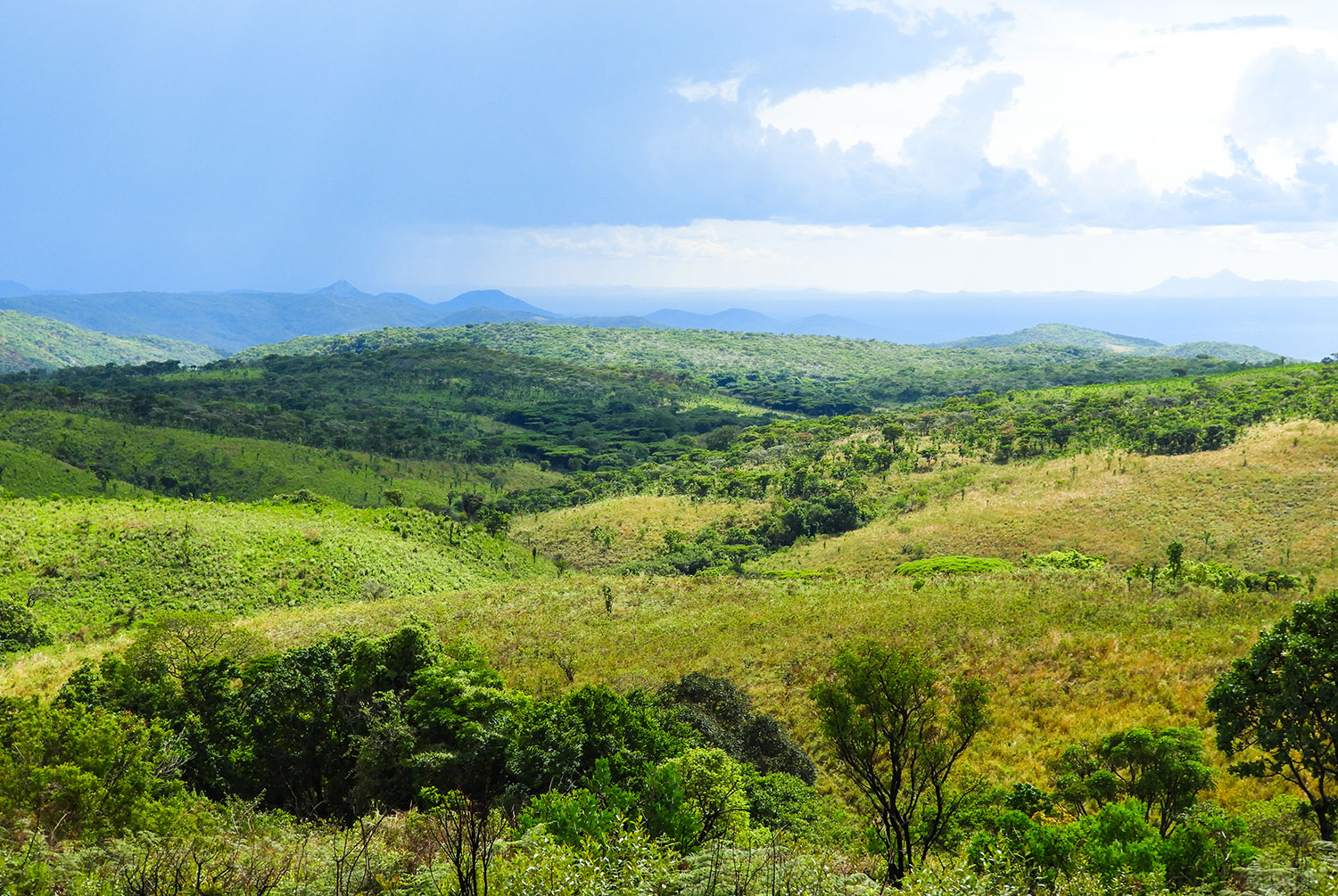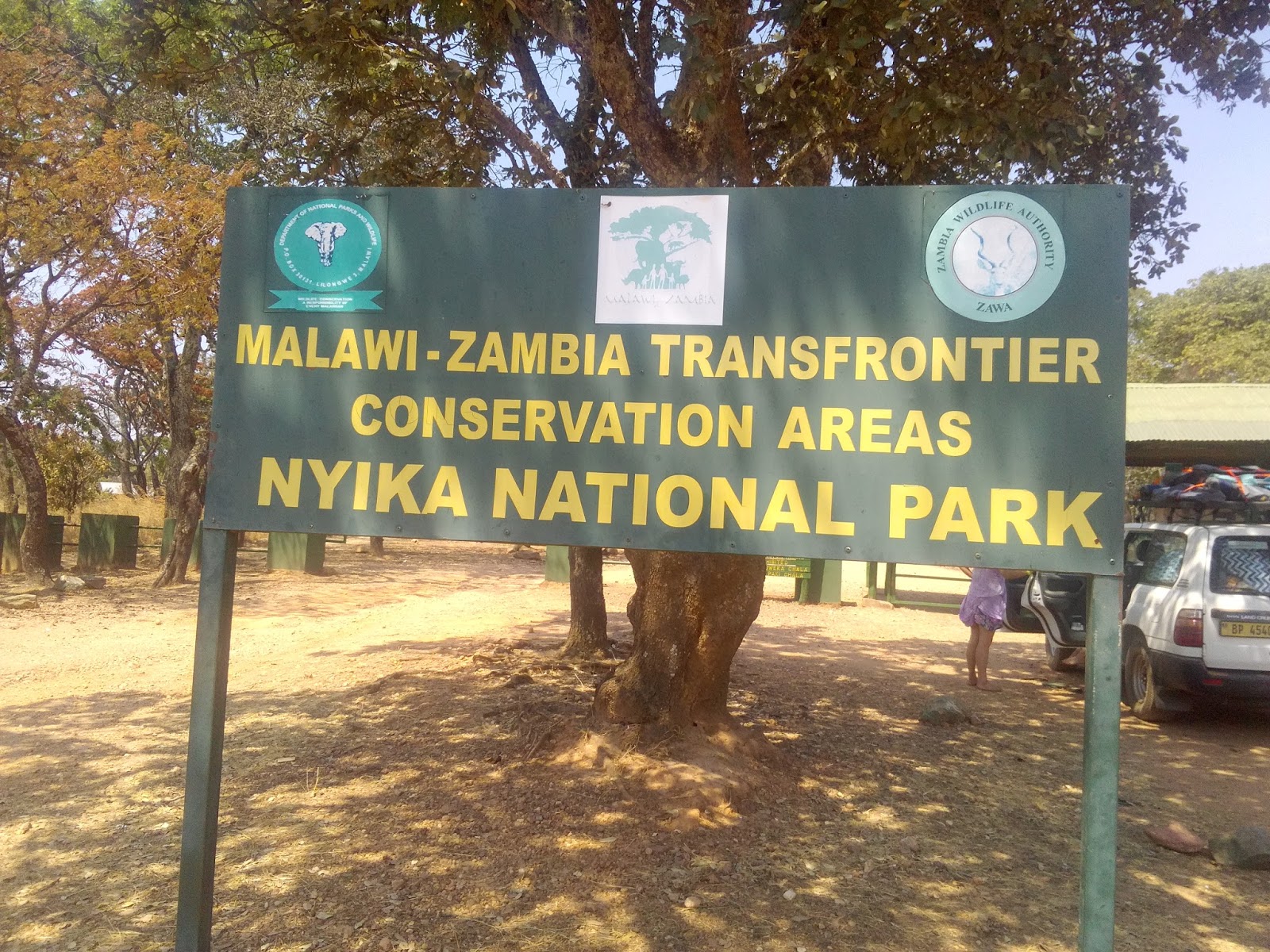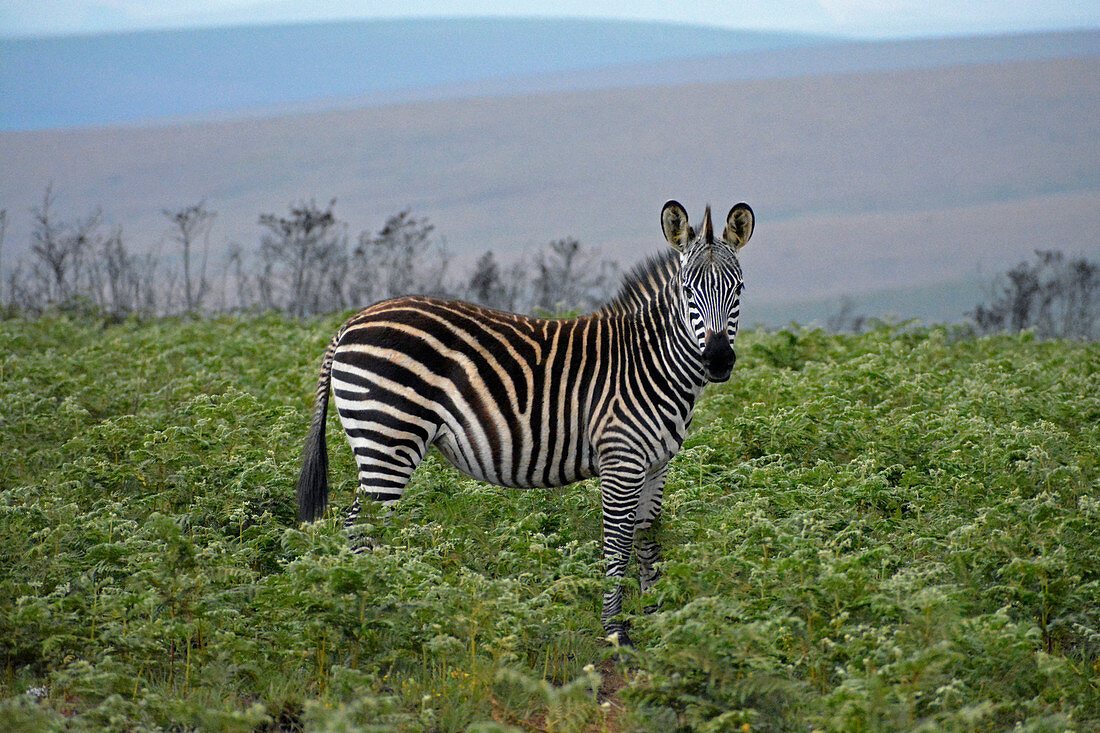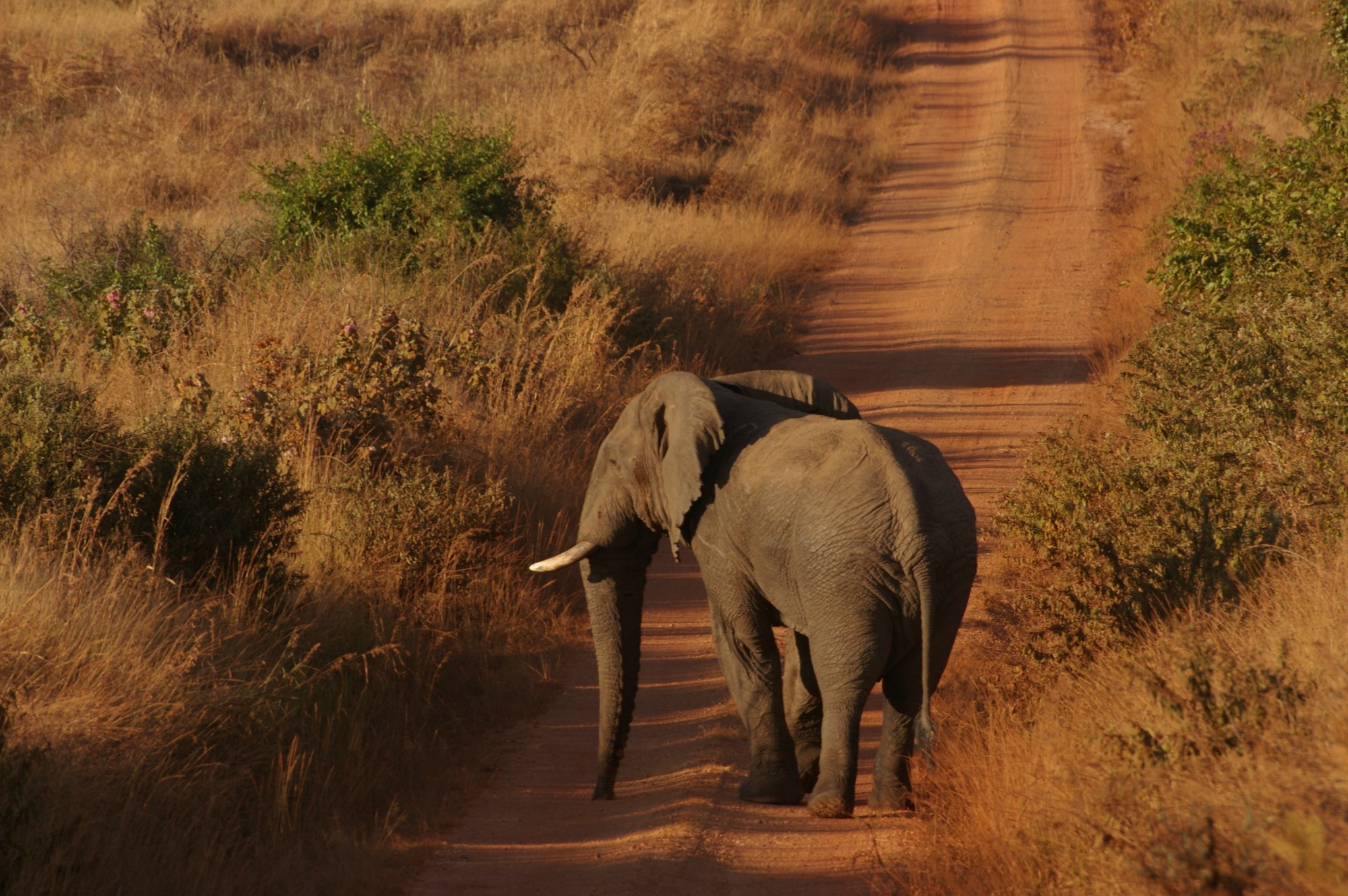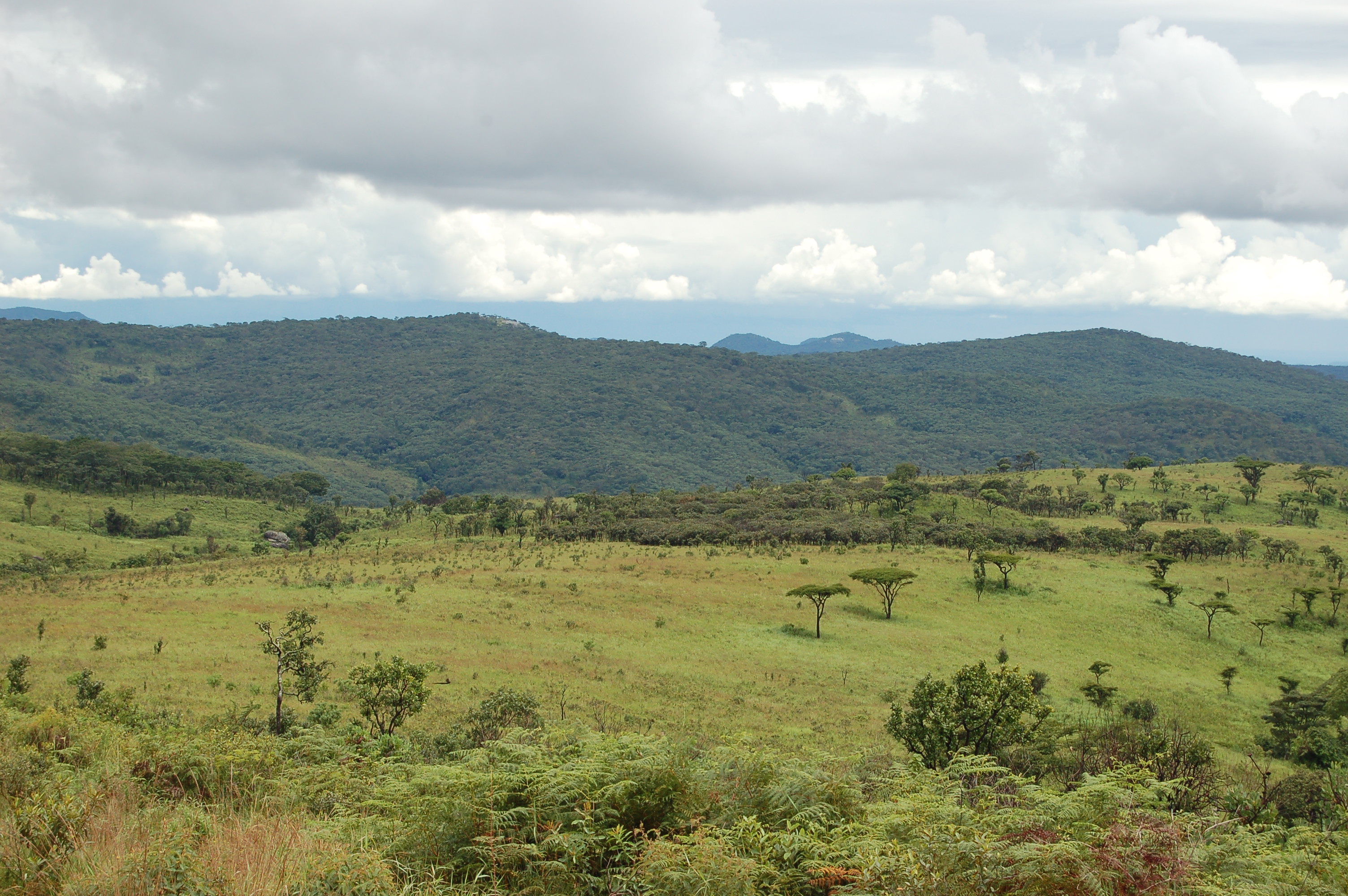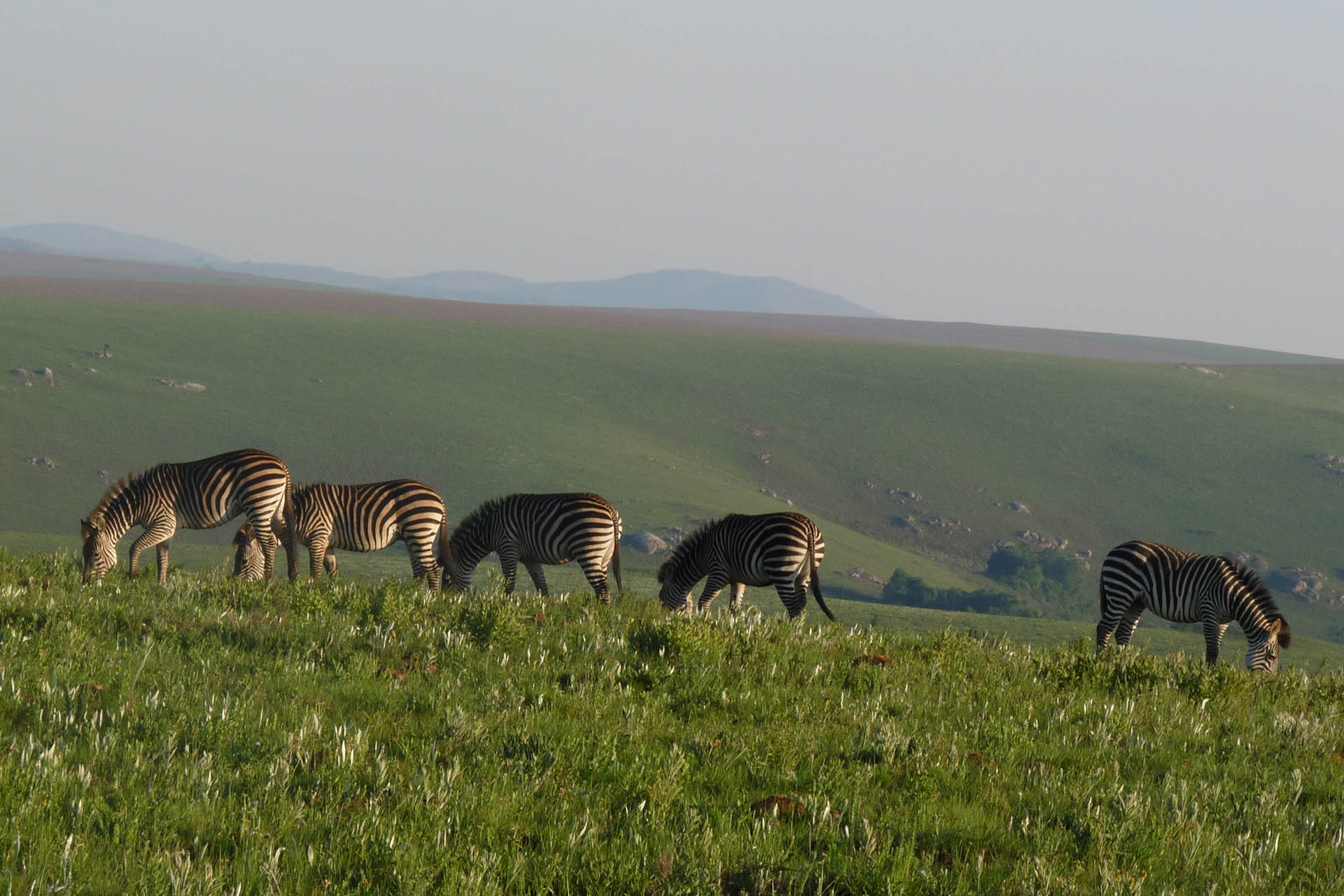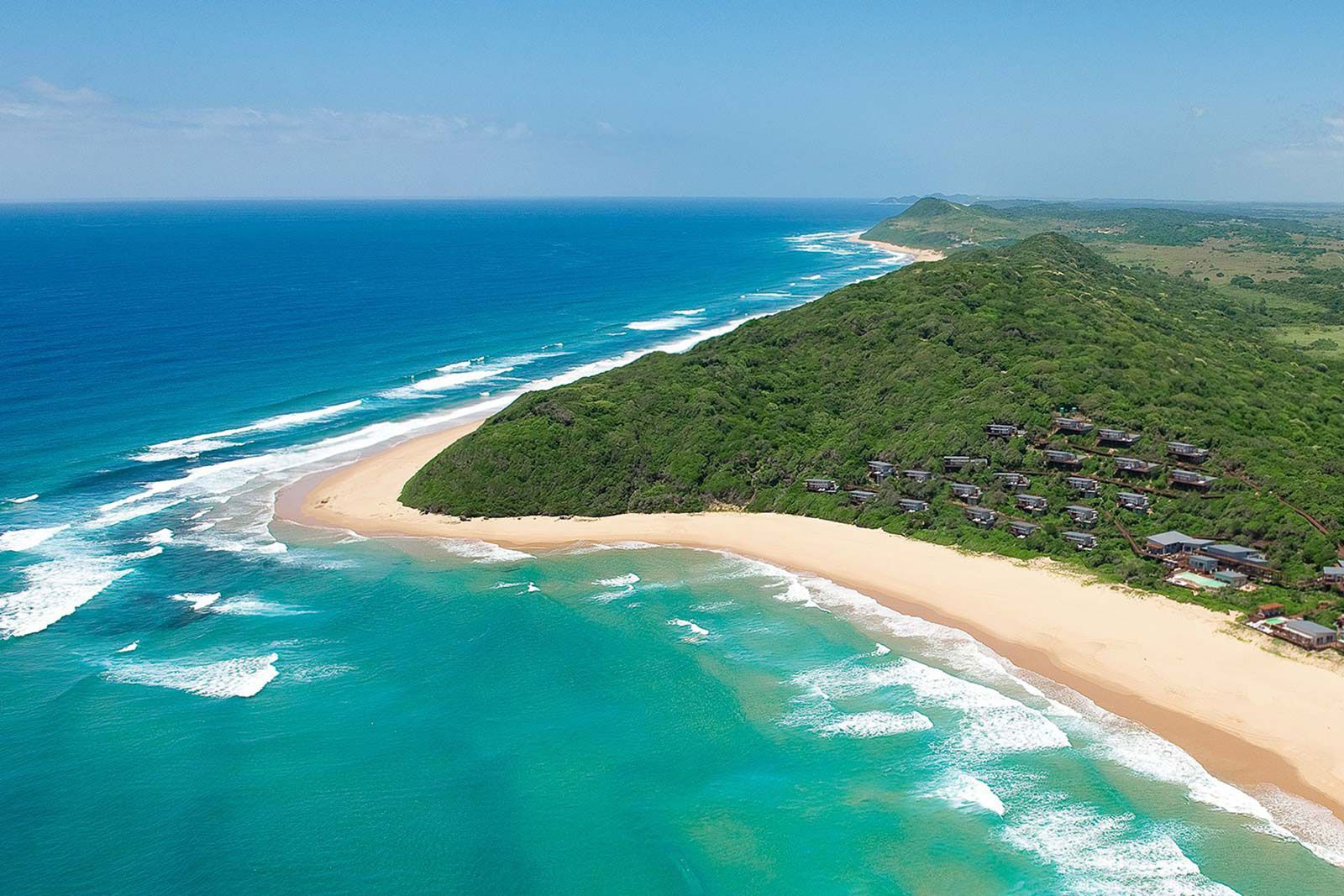Views Of Nyika Plateau National Park
About
location:
Mzimba District, Malawi
Nyika Plateau National Park is a special place with a unique ecosystem and a wide range of flora and fauna. The park is known for it's rolling grassland, which are home to a variety of animals, including Zebras, Antelopes, Elephants and Leopards. There are also a number of endangered species that live in the park, such as the Roan antelope and the red duiker.
The park is also home to a variety of birds, including over 400 different species of birds. In addition to the wildlife, the park is also known for its dramatic scenery, including waterfalls, rivers and pan. The park sits at an elevation of 2,500 meters(8,200feet), which makes it a relative cool and dry place to visit. The cool climate is what gives the park its lush grasslands and unique ecosystem.
In addition, the park is home to a number of rare plants and trees that are adapted to the unique enviroment. The park is also home to over 200 different species of orchids, making it one of the best places in Africa to see these beautiful flowers.
Things to know before travelling to Nyika Plateau National Park
This article is a tip of the iceberg but will equip you with the "Absolute Need to Knows" for Nyika plateau National Park
How to get there?
There are few ways to get to Nyika Plateau National Park, but the most common way is to fly into Mzuzu Airport and then take a vehicle to the park. Mzuzu Airport is served by a few airlines, including Malawi Airlines, Ethiopian Airlines, and Air Malawi. Once you arrive at the airport, you can hire a vehicle to take you to the park. The drive from the airport to the park is about 2 hours long and takes you through some beautiful scenery.
Another option is to drive from Lilongwe, the capital city of Malawi. The easiest way to do this is to rent a car at the airport and drive to the park. The drive is about four hours long and takes you through some beautiful countryside.
Alternatively, you can take a bus or minibus from Lilongwe to Mzuzu, and then another bus or minibus to the park. This is a more affordable option, but it will take longer than driving yourself. It's also worth noting that the roads in Malawi can be challenging to drive on, so be prepared for a bumpy ride.
About the weather
The weather at Nyika Plateau National Park is generally cool and temperate. The park is located at a high elevation, and the average temperature is around 50 degrees Fahrenheit year-round. In the winter months, temperatures can drop below freezing at night, and snowfall is not uncommon.
During the summer months, the weather is warmer, but it's still cooler than the lowlands. The park is very rainy, and it receives most of its precipitation from November to April. If you're planning a visit, be sure to pack warm clothes and waterproof gear.
Medical matters that affect your visit
Nyika Plateau National Park is one of Malawi's most beautiful and biodiverse national parks, known for its unique montane grassland habitat and rich flora and fauna. While visiting Nyika Plateau National Park, there are several medical considerations to keep in mind to ensure a safe and enjoyable trip:
Altitude Sickness
Nyika Plateau has an average altitude of around 2,200 meters (7,200 feet) above sea level, and visitors coming from lower altitudes may experience symptoms of altitude sickness such as headache, dizziness, nausea, and fatigue. It is important to acclimatize gradually by taking it easy, staying hydrated, and avoiding strenuous activities upon arrival.
Malaria
Malawi is a malaria-endemic country, and Nyika Plateau is no exception. It is essential to take appropriate antimalarial medication before, during, and after your visit to prevent malaria infection. Additionally, use insect repellent, wear long sleeves and pants, and sleep under mosquito nets to reduce the risk of mosquito bites.
Wildlife Encounters
Nyika Plateau is home to a variety of wildlife, including antelopes, zebras, leopards, and over 400 bird species. While wildlife encounters can be an exciting part of your visit, it is important to maintain a safe distance, avoid approaching or feeding wild animals, and follow the park's guidelines to prevent potential wildlife-related injuries.
First Aid and Medical Facilities
It is advisable to carry a basic first aid kit with essentials such as bandages, antiseptic wipes, pain relievers, and any personal medications you may need. Medical facilities in the vicinity of Nyika Plateau National Park may be limited, so being prepared for minor medical issues can be beneficial.
Sun Protection
The high altitude of Nyika Plateau can result in increased sun exposure and UV radiation. To protect yourself from sunburn and potential sun-related skin damage, use sunscreen with a high SPF, wear a hat and sunglasses, and seek shade during the hottest times of the day.
Insect Bites
Insect bites are common in the park, so it's important to bring insect repellent and dress appropriately to avoid bites.
It is always recommended to consult with a healthcare provider or travel medicine specialist before your trip to Nyika Plateau National Park to discuss specific medical considerations based on your health status and travel itinerary.
Ensuring that you are well-prepared for potential medical matters can help you have a safe and enjoyable experience during your visit to this stunning national park in Malawi.
The Park is located in a remote area
Nyika Plateau National Park is indeed located in a remote area. The park is located in the Mzimba District of northern Malawi, and it is bordered by Zambia and Tanzania. The park is accessible by a dirt road that is often rough and impassable during the rainy season.
The nearest town is Mzuzu, which is about 80 miles away. Nyika Plateau National Park is truly a wilderness area, and its remoteness is part of its appeal. For those who are willing to make the journey, the park offers a unique and pristine wilderness experience.
Bring in enough cash
Nyika Plateau National Park is a cash-only destination, meaning that there are no ATMs or credit card machines available in the park. This means that it's important to bring enough cash to cover your expense for the duration of your visit. It's also a good idea to bring a variety of bills, as small bills are difficult to find in rural areas.
While there are a few small stores in the park that accept cash, it's best to bring in enough money to cover food, lodging and any other expenses you might have. One of the main reasons Nyika Plateau National Park is a cash-only destination is because of the lack of infrastructure in the area.
The park is quite remote, and there are no banks or ATMs in the vicinity. Additionally, the internet and cell service are quite limited, so it's not possible to make electronic payments.
Another reason is that many of the businesses in the park are small, family-run operations that don't have the resources to accept credit cards. While this can be inconvenient for visitors, it also helps to support the local economy.
Cultural etiquettes at Nyika Plateau National Park
There are a few important cultural etiquettes to keep in mind when visiting Nyika Plateau National Park. First, it is important to respect the local communities who live around the park. The Tumbuka people are the main inhabitants of the area, and they have a rich culture and history.
It is also important to respect the local customs and traditions, such as not pointing at people or objects, and not staring at women. It is also important to dress modestly and not wear revealing clothing. Additionally, it is considered rude to decline an invitation to eat or drink.
Another cultural etiquette to keep in mind when visiting Nyika Plateau National Park is the importance of greetings. Greetings are an important part of the local culture, and it is considered rude to not greet someone upon meeting them. The proper greeting is "Moni" or "Muli bwanji," which means "Hello."
It is also important to use the appropriate titles when addressing someone, such as "Mr." or "Mrs." It is also important to respect the local belief system, which is a mixture of traditional beliefs and Christianity. Visitors should be aware of these customs and show respect for the local culture.
Safety at Nyika Plateau National Park
Nyika Plateau National Park is considered to be a safe destination for travelers. The park is well-protected and has a strong ranger presence. The main safety concerns are related to the wildlife in the park. Hippos, elephants, and buffalo are present in the park, and they can be dangerous if approached.
Visitors should always stay on marked paths and keep a safe distance from wildlife. Visitors should also be aware of the risk of malaria in the park. Mosquitoes can spread the disease, so it's important to take precautions.
Vital information on money matters
For money matters at Nyika Plateau National Park, the local currency is the Malawian kwacha. Most places in the park only accept cash, so it is important to bring enough cash to cover the cost of your stay. There are no ATMs in the park, so it is important to bring enough cash to cover your needs.
It is also important to bring small denominations of kwacha, as it can be difficult to get change for large bills. It is also advisable to bring US dollars, as they can be exchanged at the park entrance.
Fun things to do at Nyika Plateau National Park
There are several fun things to do at Nyika National Park in Malawi, which is known for its unique landscape and biodiversity. Here are some activities you can enjoy at Nyika Plateau National Park:
Game Viewing
Nyika Plateau is home to a variety of wildlife, including herds of zebra, antelope, eland, and smaller mammals like warthogs and bushbucks. Visitors can enjoy game drives or guided walks to observe these animals in their natural habitat.
Bird Watching
Nyika Plateau is a birdwatcher's paradise, with over 400 bird species recorded in the park. Bird enthusiasts can spot a variety of species, including the rare Denham's bustard and the wattled crane, along with a diverse array of other birdlife.
Hiking and Walking Safaris
The park offers beautiful trails for hiking and walking safaris, allowing visitors to explore the stunning scenery, rolling hills, and grasslands of the plateau. You can enjoy guided walks with experienced guides who can help you spot wildlife and explain the park's ecosystem.
Mountain Biking
Nyika Plateau is a great destination for mountain biking enthusiasts, with its vast open spaces and minimal traffic making it ideal for cycling. You can rent bikes at the park headquarters and explore the plateau at your own pace.
Stargazing
The clear skies and high altitude of Nyika Plateau make it an excellent spot for stargazing. Visitors can enjoy spectacular views of the night sky and marvel at the Milky Way and constellations while staying at the park's campsites or lodges.
Picnicking and Camping
There are designated picnic sites and well-equipped campsites within the park where visitors can relax, enjoy a meal, and spend a night under the stars. Camping allows you to immerse yourself in the sights and sounds of the plateau, including its unique flora and fauna.
Overall, Nyika Plateau National Park offers a range of activities for nature lovers, adventure seekers, and wildlife enthusiasts to enjoy the breathtaking landscapes and rich biodiversity of this unique African wilderness.
Who can visit Nyika Plateau National Park?
Nyika PLateau National Park is open to anyone who is interested in visiting. There are no age or nationality restrictions. However, it's important to note that the park is located at a high elevation, and the trails can be challenging. As such, it's best suited for those who are physically fit and have some hiking experience.
Additionally, those who are sensitive to altitude may want to avoid visiting the park. Finally, the park is located in a remote area, so it's important to plan ahead and make sure you have the necessary supplies before visiting.
Travel Documents
You will need a valid passport and visa to enter Malawi. Make sure your passport is valid for at least six months after your travel date and check if you need to obtain a visa before traveling.
What time of the year is best to visit?
The best time to visit Nyika Plateau National Park is during the dry season, from May to September. During this time, the temperatures are mild, the days are sunny, and the landscape is lush and green. The rains starts in November, so the park is at it's most beautiful and greenest during this time.
In addition, the animals are most active during the dry season, making it a great time to spot wildlife. The night skies are also clearer, making stargazing a popular activity in the park. Overall, the dry season offers the most pleasant weather and the best conditions for exploring the park.
Packing essentials for your trip
When preparing for a trip to Nyika Plateau National Park, it's important to pack carefully to ensure you have all the essentials for a comfortable and enjoyable experience in this remote and beautiful destination. Here is a list of packing essentials for a trip to Nyika Plateau National Park:
- Light and breathable clothing for warm days.
- Layering options for cooler evenings and mornings.
- Waterproof jacket or poncho for rain showers.
- Sturdy hiking boots for exploring the terrain.
- Lightweight tent and sleeping bag for camping.
- Camping stove and cooking utensils for meals.
- Portable water filter or water purification tablets.
- Flashlight or headlamp with extra batteries.
- Binoculars for wildlife and bird watching.
- Maps, compass, and GPS device for navigation.
- Sunscreen and lip balm with SPF protection.
- Insect repellent to ward off bugs.
- Personal hygiene items and toiletries.
- Prescription medications and basic first aid kit.
- Sunglasses and hat for sun protection.
- Non-perishable food items such as granola bars, nuts, and dried fruits.
- Instant coffee or tea for a quick energy boost.
- Bottled water or water reservoir for staying hydrated.
- Travel documents, including passport and permits.
- Camera or smartphone for capturing memories.
- Portable charger or power bank for electronic devices.
- Field guide to identify flora and fauna.
- Small backpack or daypack for day hikes.
It's important to pack light yet efficiently, considering the limited amenities and resources available in Nyika Plateau National Park.
Always check the weather forecast and specific park regulations before packing to ensure you have everything you need for a safe and enjoyable trip.
view map
Book Flight ticket
If this widget is not showing try reloading the page
The flight search result will be provided in a new tab
Lilongwe International Airport, will be a good destination if you are coming from outside Malawi.
Book Hotel
If this widget is not showing try reloading the page
The hotel search result will be provided in a new tab
Input Makuzi Beach Lodge, Kumbali Country Lodge, Kaya Mawa, Nkhotakota Pottery Lodge as the hotel name to search and compare hotel prices.
You can book tours with hotels upon arrival.
